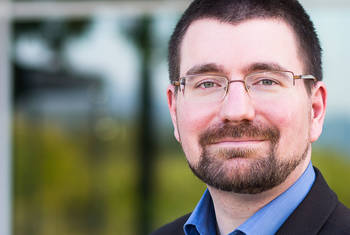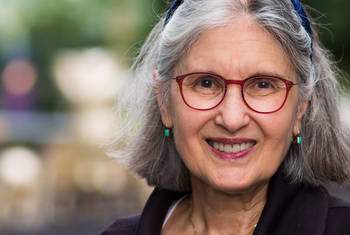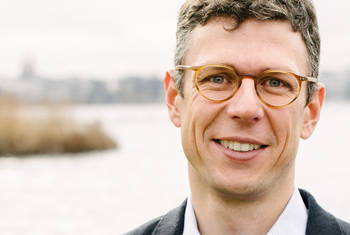Volker Kirchberg Why Do People Visit Art Exhibitions?
Volker Kirchberg is Full Professor and Director of the Institute of Sociology and Cultural Organization at the Leuphana University of Lüneburg. Before this, he was Assistant Professor at the Department of Sociology, William Paterson University, in Wayne (New Jersey). His research focuses, among other topics, on theoretical issues of arts consumption and arts production, the social and economic impact of cultural institutions, and the organization of arts and culture. In 2013, he received the Distinguished Speaker Award from the Australian Research Council Centre of Excellence.
Area of Research
Cultural Sociology
since 2004
Professor
Leuphana University, Lüneburg
Institute of Sociology and Cultural Organization
2010-2012
Deputy Dean for Research
Leuphana University, Lüneburg
Faculty of Cultural Studies
2006-2010
Director, Institute of Cultural Theory, Research and the Arts
Leuphana University, Lüneburg
2000-2004
Assistant Professor
William Paterson University, New Jersey
2003
Habilitation
Free University of Berlin (Freie Universität Berlin)
1992
PhD
University of Hamburg (Universität Hamburg)
Faculty of Social Sciences and Philosophy
- Chairman of the "Fachverband Kulturmangement", Association for the Scientific Analysis of Arts Management in Austria, Germany and Switzerland (since 2016)
Prizes
- - Australian Research Council Centre of Excellence, Distinguished Speaker Award (2013)
- - German Marshall Fund (1992)
- Cooperative Lower Saxony – Israel Research Grant, “Critical Art(ist)s and Urban Development” (2016)
- VW Foundation Research Grant for Sustainable Development, “The City as Space of Possibilities” (2014)
- Swiss National Research Grant, Museum Visitor Study (2008)
The research question presented in this video focuses on the experiences and motivations of visitors to an art exhibition or museum. In order to establish the motivation for exhibition visits, VOLKER KIRCHBERG explains, the research team combined a variety of methodological approaches: questioning the visitors, measuring their cognitive and emotional responses, and tracking their movements through the exhibition. They found three different visitor types – corroborating earlier studies – and also realized that long-standing assumptions about the motivation of people to visit an exhibition might be wrong. In contrast to established beliefs, the contemplative visitor type who wants to see and decode the actual art is by far a minority among the attendants of an exhibition. The researchers’ realization could have a practical influence on the decisions of exhibition curators who want to increase the number of visitors.
LT Video Publication DOI: https://doi.org/10.21036/LTPUB10390
The Museum Experience: Mapping the Experience of Fine Art
- Volker Kirchberg and Martin Tröndle
- Curator: The Museum Journal
- Published in 2015
An Integrative and Comprehensive Methodology for Studying Aesthetic Experience in the Field: Merging Movement Tracking, Physiology, and Psychological Data
- Martin Tröndle, Steven Greenwood, Volker Kirchberg and Wolfgang Tschacher
- Environment and Behavior
- Published in 2014








